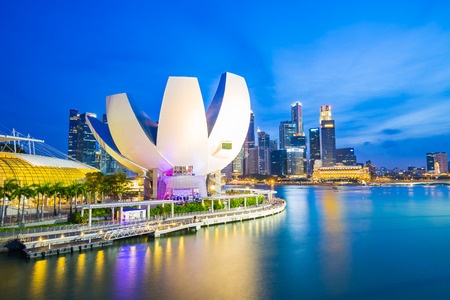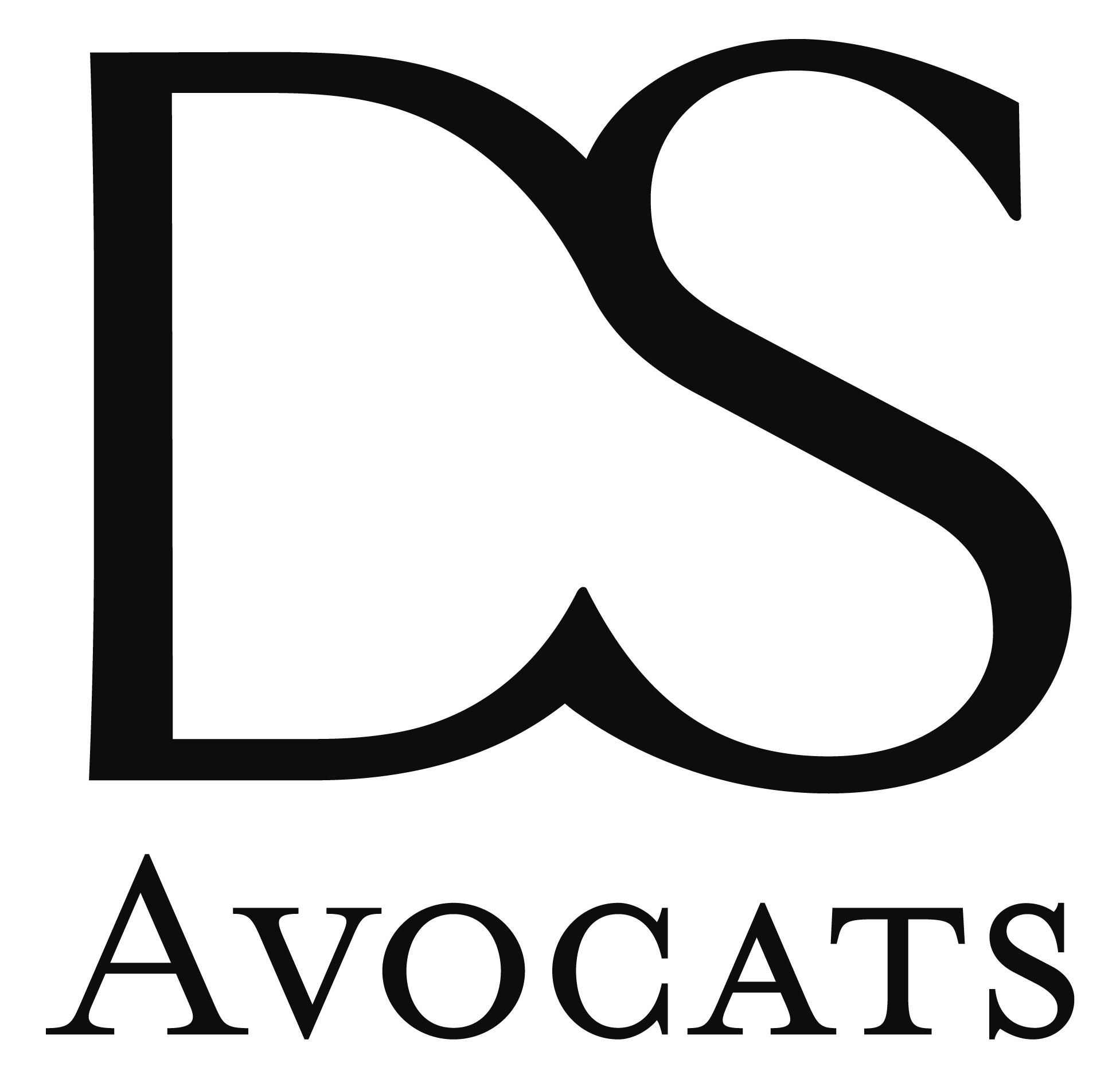21 June, 2018
On 26 March 2018, the two major ride-hailing applications, Uber and Grab, announced their merger, with Grab announcing that it has acquired Uber’s Southeast Asian ridesharing and food delivery operations, and Uber acquiring a 27.5% stake in Grab (“Merger”). In spite of the anticipated negative effect of the Merger on the competition, neither party notified the Competition and Consumer Commission of Singapore (“CCCS”), the national anti-trust agency, of such Merger.
I. ANTICIPATED EFFECT OF THE MERGER: THE GRAB MONOPOLY?
Ever since the Merger, there have been serious concerns about the effects of market dominance or even a monopoly foothold in the ride-hailing app market, Grab’s biggest rival having disappeared.
Public has raised concerns regarding Grab’s post-merger high market share and market power, lack of competitive constraints on Grab, reduced choices, less advantageous contractual terms, higher fees and process for both drivers and riders. Same concerns have been expressed in other forums, such as Vietnam, Malaysia or the Philippines.
In spite of the potential anti-competitive effect of the Merger in most of the concerned forums, the Merger was completed.
II. MERGER CONTROL REGULATION IN SINGAPORE
In Singapore, competition is regulated by the Competition Act (cap 50B) (“Act”) with CCCS being the regulatory authority.
2.1. Merger regulation
Section 54 of the Act prohibits mergers that have resulted, or may be expected to result, in a Substantial Lessening of Competition (“SLC”) within any market in Singapore for goods or services.
In assessing whether a merger will affect the competition landscape, CCCS applies a SLC test. The determination of whether there is an SLC depends on the degree to which competition is, or is likely to be, affected and on the facts and circumstances of each merger.
There is no precise threshold, whether in qualitative or quantitative terms as to what constitutes a SLC. However, a merger is more likely to substantially lessen competition if it leads to a signi cant and sustainable reduction of rivalry between rms over time to the likely detriment of customers.
Generally, CCCS is likely to give further consideration to a merger situation if either:
- the merged entity has/will have a market share of 40% or more;
- the merged entity has/will have a market share of between 20% and 40%, and the post-merger combined market share of the three largest rms on the market is 70% or more.
- CCCS will also consider whether the merging entity will affect the competition landscape in the market, such as giving rise to coordinated behaviour among rms (as a result of a reduced number of players) or lead to increased market power such that the merging entity is able to raise prices and/or reduce quality after the merger.
2.2. Notification
Singapore relies on a voluntary merger regime. As a consequence, the Act does not prescribe compulsory notification, either before or after implementation of the merger. Parties concerned that their merger may infringe section 54 and result in a SLC can choose to notify CCCS.
Prior to the Merger announcement, CCCS reached out to Grab and Uber explaining the Singapore’s merger notification regime and CCCS’s powers under the Act in situations where CCCS believes that a merger would have a detrimental effect on the competition.
Although Uber informed CCCS that it will notify CCCS in the event it enters into an agreement which could have effects on competition, the two major players chose not to notify CCCS and complete the Merger.
2.3. Powers to investigate and issue interim measures
Although the Act does not provide for compulsory notification, CCCS is granted power to investigate any arrangement if there are reasonable grounds to suspect that section 54 has been infringed by any (anticipated) merger and to grant interim measures.
Under section 69, where CCCS has made a decision that a merger has infringed section 54, CCCS may give to such person such appropriate directions to bring the infringements to an end and, where necessary, require that person to take such action to remedy, mitigate or eliminate any adverse effects of such infringements.
Directions may in particular require the parties to modify the agreement or conduct, or to terminate the agreement or cease the conduct in question.
There is no limitation period on CCCS’s power to investigate a transaction, the only way to close off the anti-trust risk being to submit a merger noti cation and obtain a clearance decision from CCCS.
Further to the Merger announcement, CCCS has initiated an investigation and issued interim measures directions on 13
April 2018, to preserve the market. Investigation is still pending.
III. IMPACT OF THE CCCS DIRECTIONS
Although CCCS could, if the Merger is found to infringe section 54 prohibition, direct the parties to unwind the Merger, unwinding the Merger would do little to rectify the irreversible damage to competition (as CCCS cannot compel Uber to re-enter the market) with Grab, as the remaining major market player, reaping the economic bene ts of the absence of its only serious market rival in the post-merger market.
In the wake of the Merger, new smaller and younger players have entered the market, such as the Indian Jugnoo or the local Ryde. The Indonesian Go-Jek is also expected to launch shortly. However, with tremendous brand equity, as well as a larger driver and passenger data, it remains to be seen whether Ryde or Go-Jek can compete with the well-funded and well-established Grab in Singapore.
For further information, please contact:
Olivier Monange, Partner, DS Avocats
monange@dsavocats.com

.jpg)





